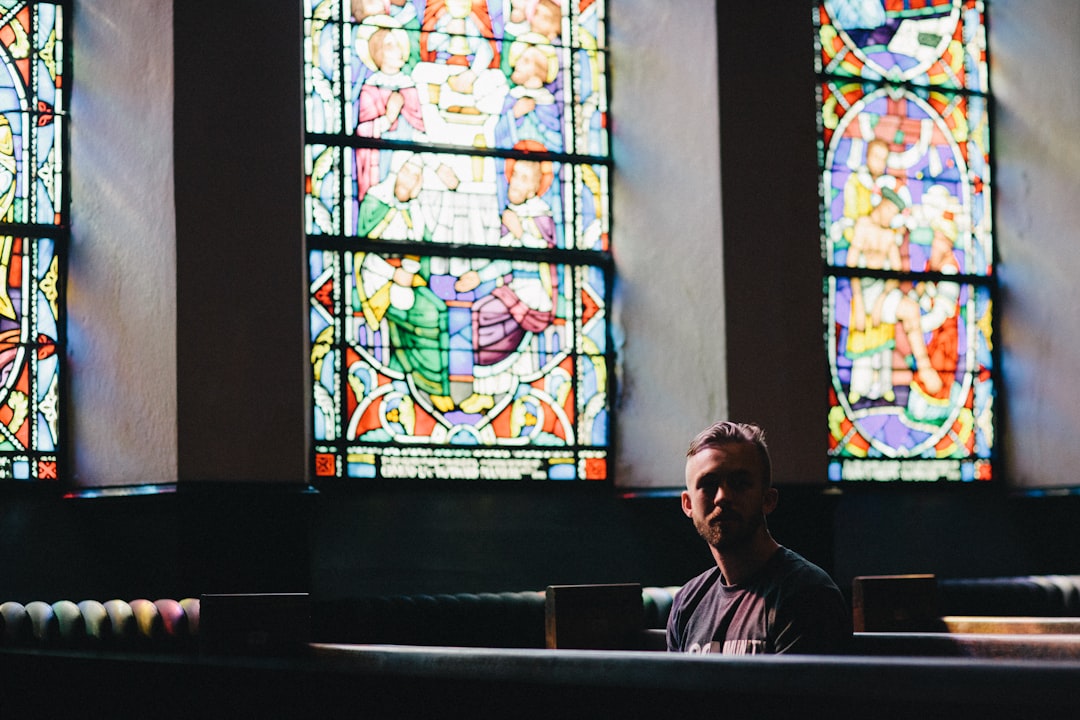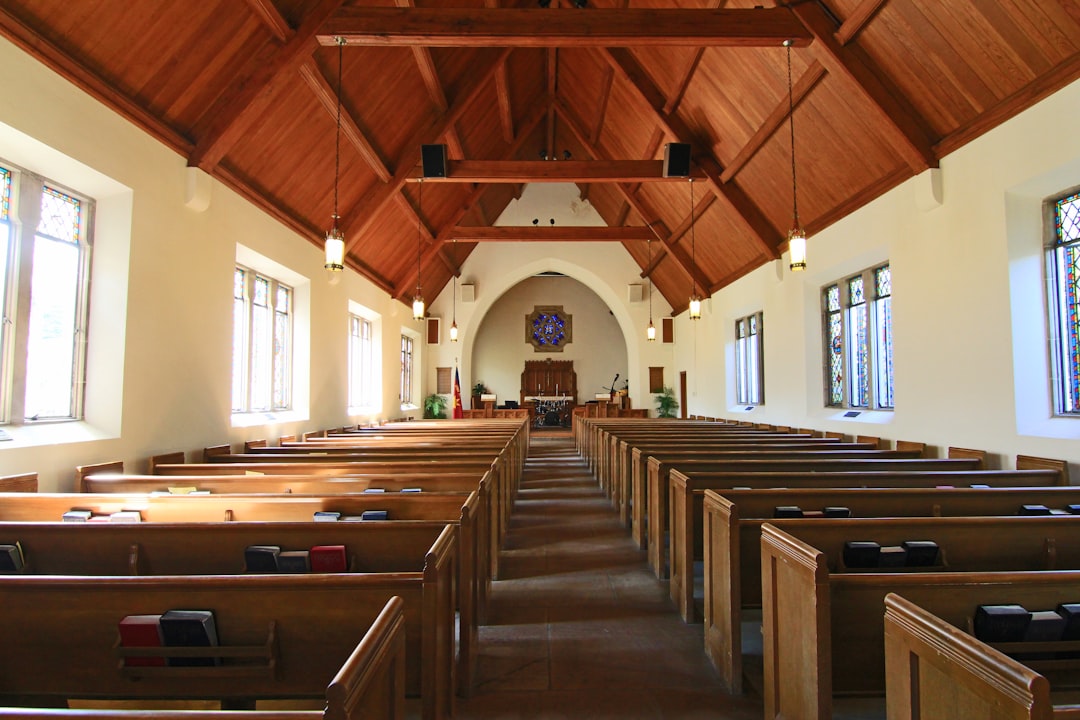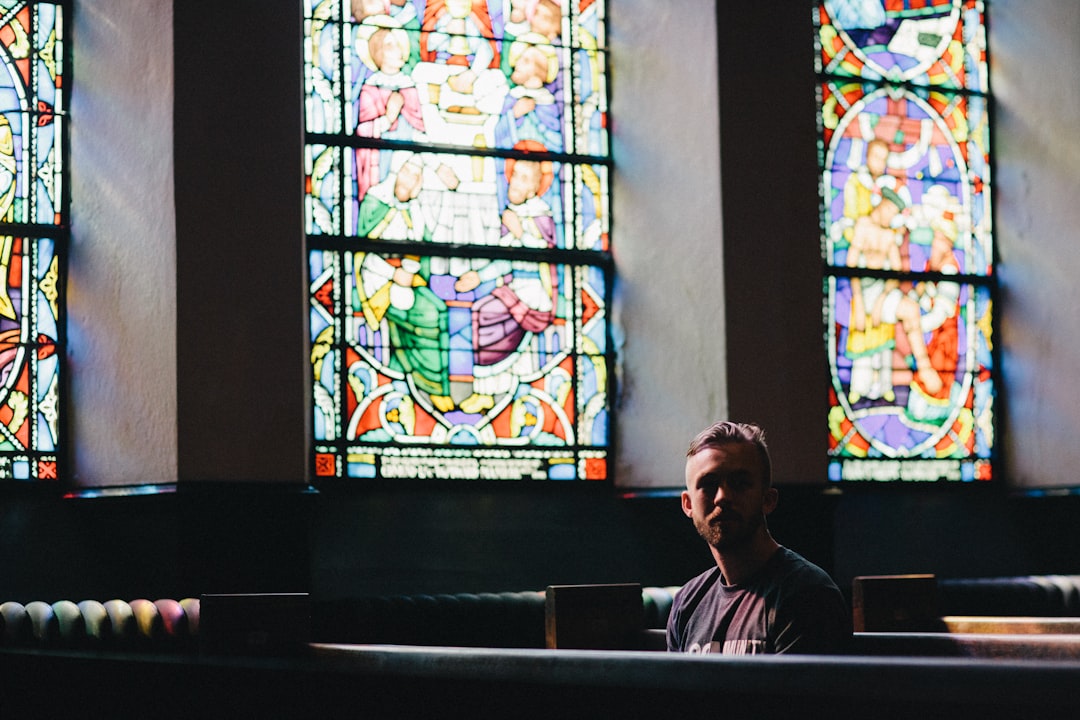In Pennsylvania, clergy abuse lawyers play a crucial role in advocating for survivors of sexual or emotional manipulation by religious leaders, helping them navigate complex legal processes, ensuring justice, accountability, and compensation. With varying statutes of limitations based on abuse type and age of discovery, these specialists guide clients through evidence gathering, lawsuit drafting, and filing within time limits, prioritizing privacy and safety. Supportive organizations offer holistic healing alongside legal action, providing therapy, support groups, and tailored counseling programs to address unique survivor needs.
Legal Options for Priest Abuse Survivors in Pennsylvania
In Pennsylvania, survivors of clergy sexual abuse face unique challenges. Understanding your legal rights is crucial after such traumatic experiences. This guide aims to navigate you through the complex process, offering insights on filing claims within strict time limits and selecting experienced clergy abuse lawyers in PA. We explore the steps to take against churches or priests, ensuring justice and support for survivors.
From understanding legal ramifications to identifying the right legal team, this article provides essential information for those seeking closure and accountability.
Understanding Clergy Abuse and Its Legal Ramifications in Pennsylvania

Clergy abuse, particularly involving survivors of sexual assault or emotional manipulation by priests or other religious leaders, is a deeply traumatic experience with significant legal ramifications in Pennsylvania. Many victims struggle to come forward due to cultural and religious silence, fear of stigma, or concerns about the potential consequences within their communities. However, state laws offer substantial protection for individuals who have experienced such abuse.
In Pennsylvania, clergy abuse lawyers play a crucial role in advocating for survivors’ rights. They assist clients in navigating complex legal systems and understanding their options under various state laws, including those related to statute of limitations, civil lawsuits, and criminal charges against abusers. These attorneys help ensure that survivors receive justice, accountability for the perpetrators, and appropriate compensation for the harm they’ve endured.
The Time Limit for Filing a Claim: Important Considerations for Survivors

Surviving clergy abuse can be a complex and emotionally challenging journey, but understanding the legal process is crucial for seeking justice. In Pennsylvania, there is a time limit for filing claims related to priest abuse. This deadline, known as the statute of limitations, varies depending on the type of abuse and the age at which it was discovered. For adult survivors, the general rule is that they have one year from the date they discover or should have discovered the abuse to file a civil lawsuit. However, for individuals who were abused as minors, the laws are more nuanced. In Pennsylvania, there is an extended statute of limitations for certain types of child abuse, allowing victims to file claims up until their 23rd birthday.
These legal considerations are essential for survivors to navigate when seeking compensation and accountability. It’s recommended that those affected by clergy abuse reach out to experienced clergy abuse lawyers in Pennsylvania who can provide guidance tailored to their unique circumstances. These professionals can help survivors understand their rights, explain the legal process, and advocate for their interests throughout the claim.
Identifying the Right Legal Team: Finding Experienced clergy Abuse Lawyers in Pennsylvania

When seeking justice and compensation for clerical abuse, selecting the appropriate legal team is a pivotal step. Survivors in Pennsylvania have access to experienced clergy abuse lawyers who specialize in navigating complex legal systems and advocating for victims’ rights. These attorneys possess in-depth knowledge of state laws, institutional policies, and the unique challenges associated with these sensitive cases.
The best clergy abuse lawyers in Pennsylvania often have a proven track record of success, possessing the skills to investigate, build strong cases, and negotiate favorable settlements or verdicts. They offer a supportive environment for survivors, ensuring their voices are heard and their rights protected throughout the legal process.
The Process of Filing a Lawsuit Against a Church or Priest in PA

In Pennsylvania, survivors of priest abuse have legal options and resources available to seek justice and closure. The process of filing a lawsuit against a church or priest involves several steps that require careful consideration and expertise. It’s essential to consult with experienced clergy abuse lawyers in PA who specialize in these cases, as they can guide survivors through the legal system effectively.
The first step is to gather evidence, which may include medical records, counseling notes, and any documentation related to the abuse. Once this is done, survivors should retain a lawyer who can help them draft and file a lawsuit within the appropriate statute of limitations. This process involves serving legal papers on the defendant, often through their attorney or designated agent, and participating in discovery, where both sides exchange relevant information and documents. Survivors’ privacy and safety must be paramount throughout this process, making it crucial to work with lawyers who prioritize these aspects.
Support and Resources Available for Survivors: Beyond Legal Action

Many survivors of priest abuse seek more than just legal recourse; they desire healing and support to process the trauma they’ve endured. Beyond legal action, several organizations in Pennsylvania offer crucial resources for survivors of clergy sexual abuse. These include therapy services, support groups, and counseling programs tailored specifically to address the unique needs of individuals who have experienced such violations of trust.
Clergy abuse lawyers in Pennsylvania often collaborate with these support networks to ensure that victims receive holistic care. Organizations like the National Victims Center and local church-based counseling services provide safe spaces for survivors to share their stories, gain access to mental health professionals, and connect with others who understand their experiences. Such support systems are vital components of the healing process, complementing legal efforts aimed at justice and accountability.






